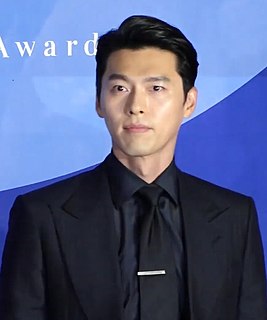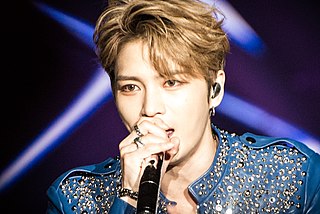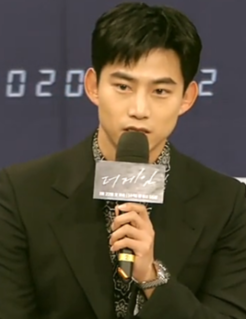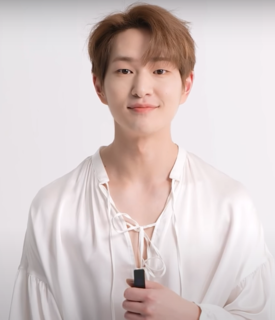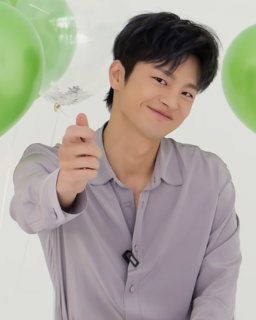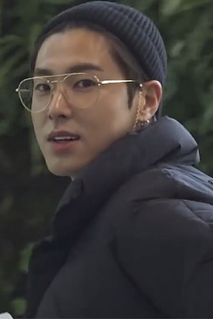A Quote by Kim Hyesoon
Korean feminism is on the brink of death. Korea has a less clear boundary between popular literature and serious literature than in other countries. I feel that feminism is abandoned like a product that was a craze in the past.
Related Quotes
I think feminism has always been global. I think there's feminism everywhere throughout the world. I think, though, for Western feminism and for American feminism, it not so surprisingly continues to center Western feminism and American feminism. And I think the biggest hurdle American feminists have in terms of taking a more global approach is that too often when you hear American feminists talk about international feminism or women in other countries, it kind of goes along with this condescending point of view like we have to save the women of such-and-such country; we have to help them.
I had a real come-to-Jesus a couple of years ago when I started to see the direct line between feminism and everything else - feminism and climate change, feminism and poverty, feminism and hunger - and it was almost like I was born again and started walking down the street and was like, "Oh, my God, there are women everywhere! They're just everywhere you look. There's women all over the place!"
I feel like so much of mainstream feminism springs from the second wave, which was essentially a discourse spearheaded by white, cisgender, upper middle class women. I feel - especially as I'm trying to negotiate this new female space with the feminism that's available to me - there are a lot of places where I'm disenfranchised.















